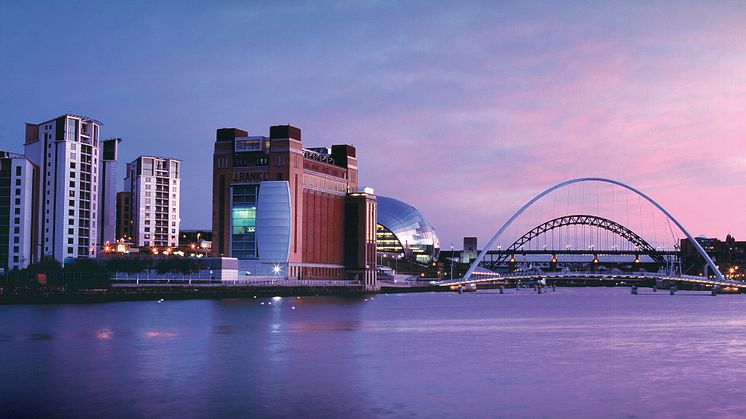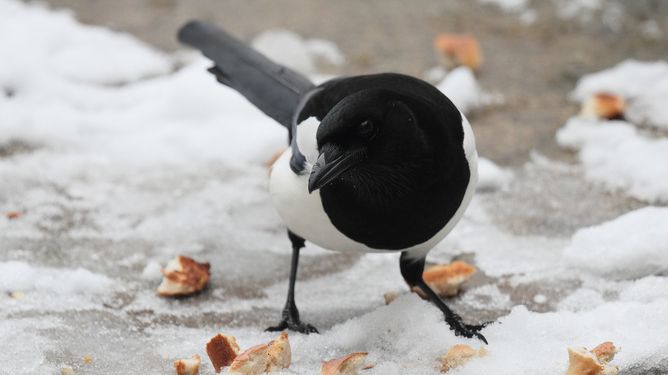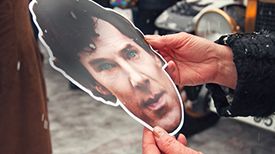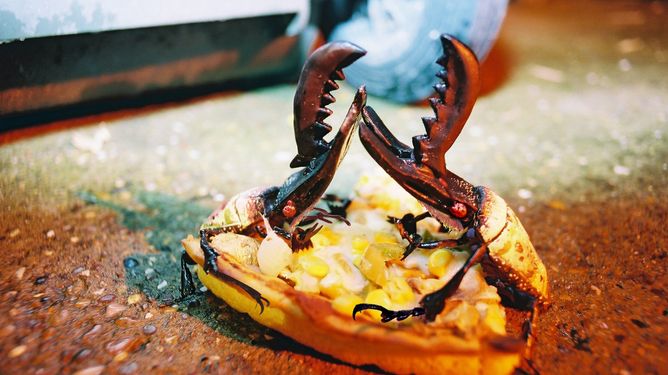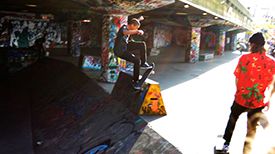
Press release -
COMMENT: In praise of skaters – elves saving cities' forlorn and forgotten corners
Dr Mike Jeffries, Teaching Fellow in Geography at Northumbria University, Newcastle, discusses the positive impact skateboarders can have on cities.
Skateboarders aren’t too popular with civic authorities. Routinely demonised as vandals and as a danger to other members of the public, they are often portrayed as an antisocial nuisance to be excluded by law or sometimes lured away to officially sanctioned skate parks. Skaters, being predominantly teenage lads, can seem like an alien and dangerous sub-species, scowling from beneath hoodies festooned with zombies, occult runes or lewd cartoons.
Yet the real trouble with skateboarding is that it challenges the dominant use of cities, which remain controlled by civic and corporate interests whose primary purpose is to run the place as a machine for consumption. Pesky skaters are at very least an unruly nuisance getting in the way of valued customers, or, worse still, are enjoying the cityscape for free, a specific symptom of a general teenaphobia.
Iain Borden, the UCL professor whose ground-breaking book first brought the place of skaters in the city to attention recently suggested skating had achieved a more positive place in many cityscapes around the world, now recognised as a creative, challenging and healthy activity.
To an extent this is true. Skateboarding builds confidence and the social capital that can combat social exclusion, alcohol and drug abuse. The sport is becoming respectable with skateboarding designed into some spaces and superb new skate parks.

An ideal way to explore the big city. Chris Ford, CC BY-NC
However civic respectability may not be part of the attraction. Central to skateboarding is the sense of the skaters’ local scene, a heritage and culture that may be inscrutable to non-skaters. Skate culture is powerful social glue. Skaters will tell you that they can turn up in an unfamiliar city, skateboard in hand, and immediately be welcomed to join in with the locals.
Skateboarders’ bonds can also come as a surprise to city authorities. In the autumn of 2014 the city council in Norwich proposed a ban on skateboarding throughout the city centre. Norwich’s new skate park had been built, according to the council, on “the tacit understanding” that skaters would not use the city centre.
On the evening of the council debate to herald the ban the public gallery of the town hall was packed with skaters, with more beside left outside unable to fit in following a demonstration and a public petition with more than 6,000 signatures.
The council withdrew its immediate plans for a ban although the possible use of a restriction, a Public Spaces Protection Order, has been mooted. This new PSPO legislation also threatened skaters in the town of Kettering, while more typical bans are also looming in Barking and Bristol. Iain Borden’s global optimism can seem a bit too sunny down at street level.
Stop, watch and learn
Skaters are not out to cause conflict. They would much prefer to be left to their own devices, often out of sight and out of mind. While the ominous hoodies and garish logos may look like trouble, it is worth taking time to watch skaters using their favourite spots, as against the fleeting encounters on the high street.
Skate scenes are very sociable, with their own etiquette for taking turns, working out tricks for competitions and looking out for each other. The sport fuels creativity through photography, video and graphics. Skaters treasure and look after top spots, raising money to build ramps and blocks. The spots may not be theirs to own, but they are very good at colonising a city’s forlorn and forgotten corners.
In my city of Newcastle upon Tyne the top local site, the Wasteland, was an old factory floor – skated for more 20 years. “Our summer home” the skaters would say – and they visited it up until the very day when developers finally excavated the concrete, including the parting graffiti: “Farewell our fair weather friend”.
Goodbye, Wasteland. Mike Jeffries, Author provided
A new wasteland has been found, again a demolished factory site – and money has been raised from DIY skate competitions to build new ramps and blocks. Revealingly the same site is also features on a recent list of Tyneside’s top eyesores. The skater’s eye sees the city differently.
In Tyneside their other favourite site is across the river in Gateshead. Called Five Bridges it is a windswept plaza where pedestrian walkways converge under a vast and gloomy flyover. It is an unlovely space, but Gateshead Council put more than £11,000 into building skate ramps and jumps – a great deal of money to invest in entertaining unruly youths.
All those pesky kids are helping keep Five Bridges safer. Mike Jeffries, Author provided
It did so after an elderly resident had told her councillor about the skaters who hung around on the plaza. Bracing himself for the usual complaints the councillor was surprised to hear that she liked it when the skaters were there because then it felt safe to walk through.
So don’t think of skaters as hooligans and vandals. They are much more like a badly dressed version of the Boy Scouts, although the skaters I got to know through my research are not so keen on that cosy description. Maybe a better idea is like the elves in the fairy tale The Elves and the Shoemaker, a mysterious and often invisible presence busily making the city a better place to live.
This article was originally published on The Conversation. Read the original article.
Categories
Northumbria is a research-rich, business-focussed, professional university with a global reputation for academic excellence. To find out more about our courses go towww.northumbria.ac.uk
If you have a media enquiry please contact our Media and Communications team at media.communications@northumbria.ac.uk or call 0191 227 4571.







